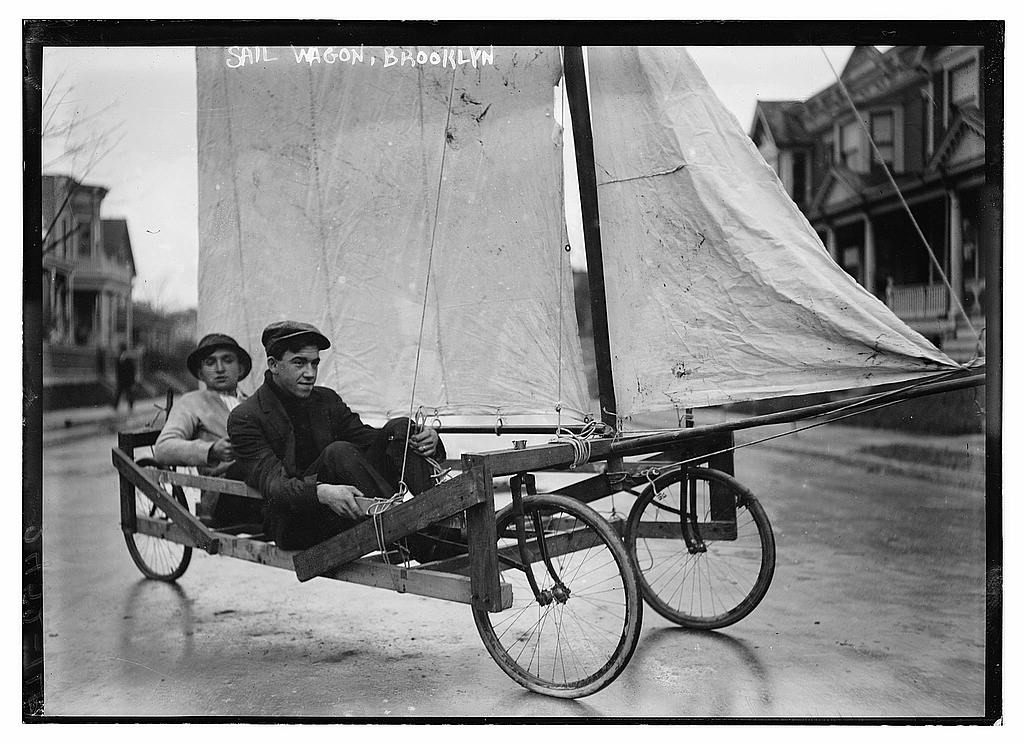Autumn has finally hit Las Vegas, I think we’ll finally shut down the AC for the rest of the year.
Thanks for reading. Please subscribe if you’d like the next letter in your inbox.
Swerve to go Straight
Nicholas Nassim Taleeb’s Anti-fragile recounted a story of a science demonstration with a vibrating table covered with bouncy balls. When the tabletop was activated at a purely regular rhythm, the balls would bounce around chaotically on their own. However, the balls would fall in sync after random noise was inserted into the vibration pattern.
I often think about this story while pulling my boy in the wagon. My in-law’s backyard has a tight side yard where it is easy to pull in. However, there isn’t any room to turn around, making it’s a challenge to push back out of it.
Like the science demonstration, I’ve found that adding a little swerve to the push gives me control over the direction of the wagon. Jamming the wagon straight requires a perfect line; any lean will compound into crashing with the fence or house. Adding a slight serpentine undulation allows me to fine-tune the trajectory as I push the wagon and avoid hitting the edges.
I suspect this lesson could also apply to the office. We live in a world of optimization and standard operating procedures. I have a hunch that we should occasionally mix it up, even if we think we’ve locked in a best practice. Little experiments will keep things fresh and explore the parameters that constrict us.
On paper, testing suboptimal processes is inefficient. Most of the time, we’ll rediscover that the tried and true is best. But occasionally, we’ll discover that a good process is keeping us from finding a better innovation.
~
A Question
What accepted wisdom should you challenge?
Hit reply and let’s chat!
~
A Link
One idea that haunts me is the concept of a Local Optimum. Is this solution truly the best? Or have we settled into something that is good relative in its immediate context? Have we artificially constrained ourselves to the settling into a least-worst solution? Is there a more optimal solution out there?
… and a photo.

~
Thanks for reading the OPM letter! I’d love to have a conversation if you have any feedback. I hope you found some prompts to stretch your craft and relationships as a curious Owner PM. See you next week!
Stay humble, be kind, and keep experimenting!
Justus Pang, RA
